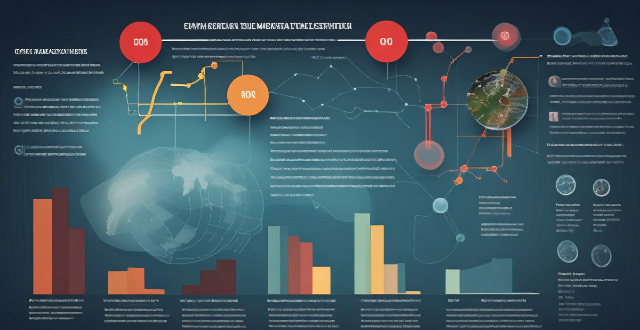Environmental ethical dilemmas encompass a range of issues where choices must balance environmental needs with other interests. These dilemmas include overconsumption and waste, climate change mitigation, wildlife conservation, natural resource management, and genetic engineering. Addressing these challenges involves considering scientific data, ethics, stakeholder perspectives, and potential long-term impacts to make decisions that prioritize both human well-being and the health of the planet.

Environmental Ethical Dilemmas
Environmental ethical dilemmas are situations where individuals or organizations must make difficult choices about how to act in ways that balance the needs of the environment with other competing interests. These dilemmas often involve conflicting values and priorities, such as economic growth versus environmental protection, or short-term benefits versus long-term sustainability. Here are some examples of environmental ethical dilemmas:
Overconsumption and Waste
One major environmental ethical dilemma is overconsumption and waste. As consumers, we often face decisions about whether to buy new products or continue using older ones, which can have significant environmental impacts. For example:
- Fast Fashion: The fashion industry is known for its rapid production cycles and low-quality materials, leading to a high volume of clothing waste. Consumers may struggle with the decision to buy cheap, trendy clothing that will likely fall apart quickly, or invest in higher-quality, more sustainable options.
- Single-Use Plastics: Many convenience items, like plastic water bottles and disposable utensils, contribute to plastic pollution. Consumers must decide whether to prioritize convenience over reducing their plastic footprint.
Climate Change Mitigation
Another complex ethical dilemma relates to climate change mitigation efforts. Governments, businesses, and individuals must weigh the costs and benefits of various actions to reduce greenhouse gas emissions:
- Energy Production: Deciding between fossil fuels, which have negative environmental impacts but are often cheaper and more accessible, versus renewable energy sources, which are cleaner but may be more expensive to develop and implement.
- Transportation Choices: Encouraging public transportation, biking, or walking instead of individual car use can reduce carbon emissions, but it requires significant infrastructure changes and cultural shifts.
Wildlife Conservation
Conservation efforts also present ethical dilemmas, especially when they conflict with human activities:
- Habitat Preservation vs. Development: Balancing the preservation of natural habitats for endangered species against the needs for land development for housing, agriculture, or industry.
- Sustainable Hunting and Fishing: Determining responsible levels of hunting and fishing that maintain ecosystem health without causing species depletion or extinction.
Natural Resource Management
Managing natural resources like water, forests, and minerals raises several ethical questions:
- Water Rights: Allocating limited water resources among different users, including agricultural irrigation, urban supply, and maintaining ecosystem health.
- Deforestation: Weighing the economic benefits of logging against the ecological consequences of losing forests that serve as carbon sinks and biodiversity hotspots.
Genetic Engineering and Biodiversity
Advancements in genetic engineering prompt ethical considerations regarding the manipulation of organisms and potential impacts on biodiversity:
- Genetically Modified Organisms (GMOs): Deciding whether to use GMOs in agriculture for increased yields and resistance to pests, while considering potential risks to ecosystems and human health.
- Gene Drive Technologies: Employing powerful gene editing tools that could alter entire species or ecosystems, raising concerns about unintended consequences and ethical boundaries.
In each of these examples, resolving the dilemma requires careful consideration of scientific evidence, ethical principles, stakeholder input, and long-term consequences. It's essential for societies to engage in open dialogue and adopt policies that reflect a commitment to both current and future generations' well-being, as well as the health of our planet.